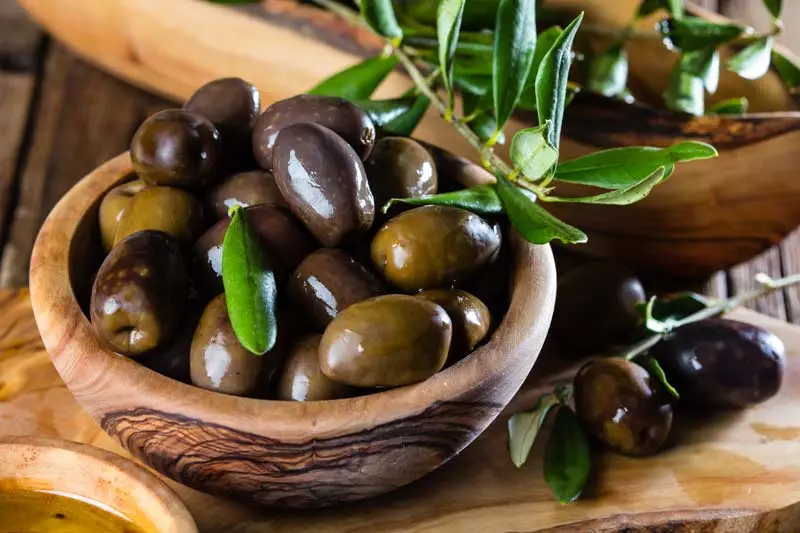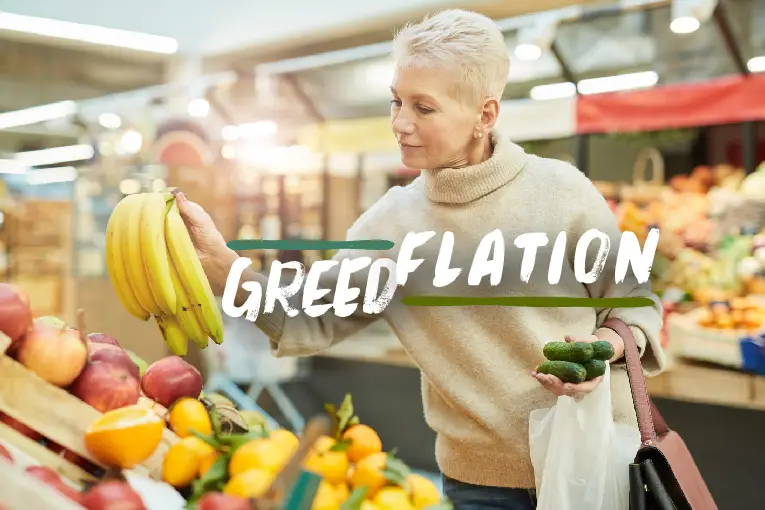It is no secret that in modern large-scale farming, fertiliser is a ‘do or die’ component in agriculture. It helps to improve crop yield and quality. However, fertiliser is also a finite resource, and farmers are struggling to keep up with this most recent supply crunch.
In response to the fertiliser shortage, farmers are being forced to use less fertiliser, which is leading to lower crop yields. The fertiliser shortage is a world-wide problem that, according to some experts, needs to be addressed urgently. Otherwise they say, we risk jeopardising food security.
In Brazil, the world’s biggest soybean producer, a 20% cut in potash use could bring a 14% drop in yields, according to industry consultancy MB Agro. In Costa Rica, a coffee cooperative representing 1,200 small producers sees output falling as much as 15% next year if the farmers miss even one-third of normal application. In West Africa, falling fertiliser use will shrink this year’s rice and corn harvest by a third, according to the International Fertiliser Development Center, a food security non-profit group.
For the billions of people around the world who don’t work in agriculture, the global shortage of affordable fertiliser likely reads like a distant problem. If however predictions come to fruition, it will leave no household unscathed. In even the least-disruptive scenario, soaring prices for synthetic nutrients will result in lower crop yields and higher grocery-store prices for everything from milk to beef to packaged foods for months or even years to come across the developed world.



